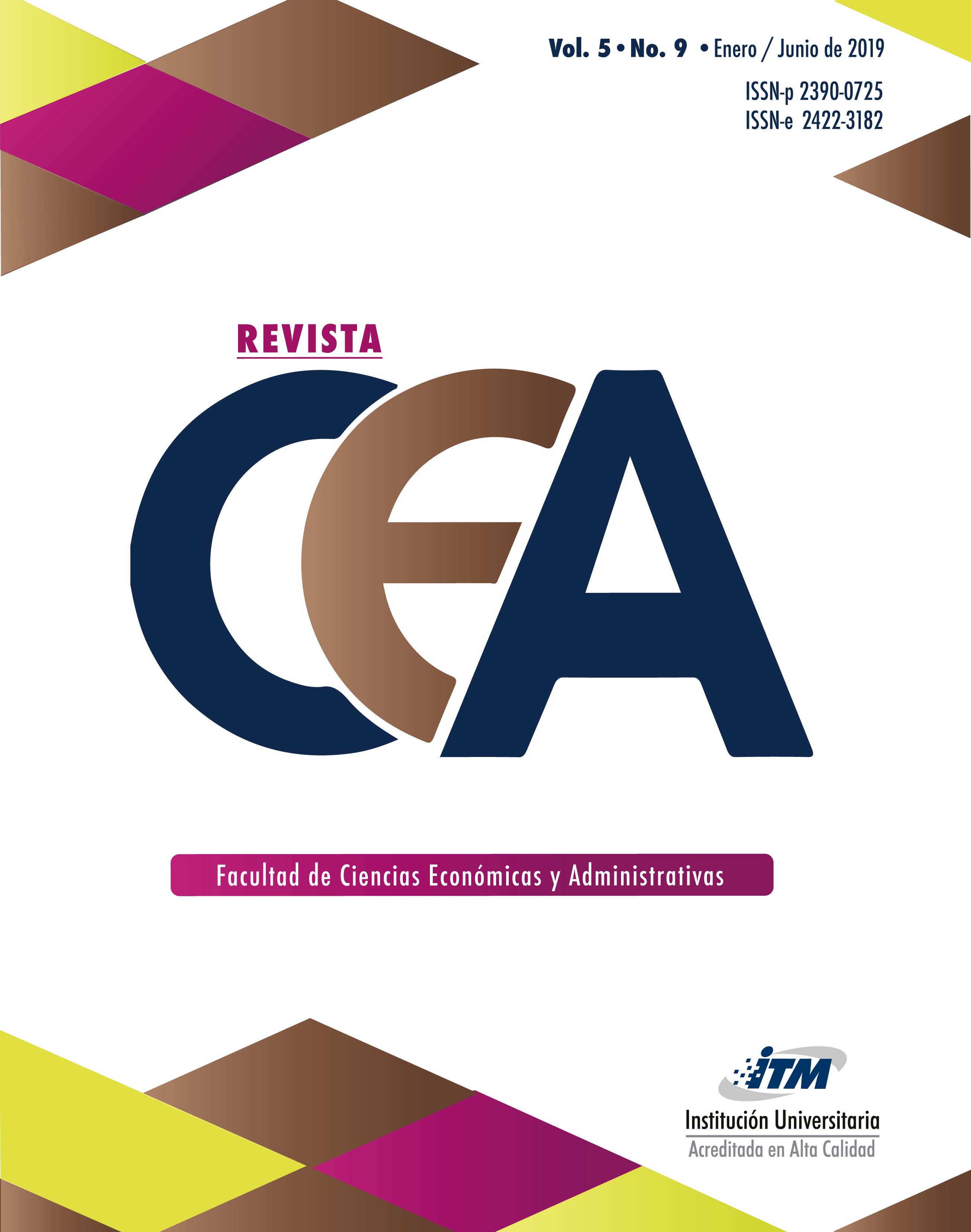Curriculum re-design in a knowledge-based economy
Abstract
Globalization and modernization present an ongoing challenge to many societies. As borders between nations become more porous due to the progress of technology, migration, and a more mobile labor force, each nation must devise a strategic response to promote human capital development in order to remain economically competitive in the global marketplace. One approach many countries have explored is the development of knowledge economies. Especially in OECD member states, knowledge is increasingly being identified as the key enabler of productivity and economic growth. This has led to a new paradigmatic understanding of the role of information, technology, and learning in economic performance.
References
OECD (1996). Competencies for the Knowledge Economy, OCDE/GD (96) 102, Available at http://www.oecd.org/innovation/research/1842070.pdf
OECD (2006). Education at a Glance: Highlights 2006, Avaialble at https://www.oecd.org/education/skills-beyond-school/37376068.pdf








